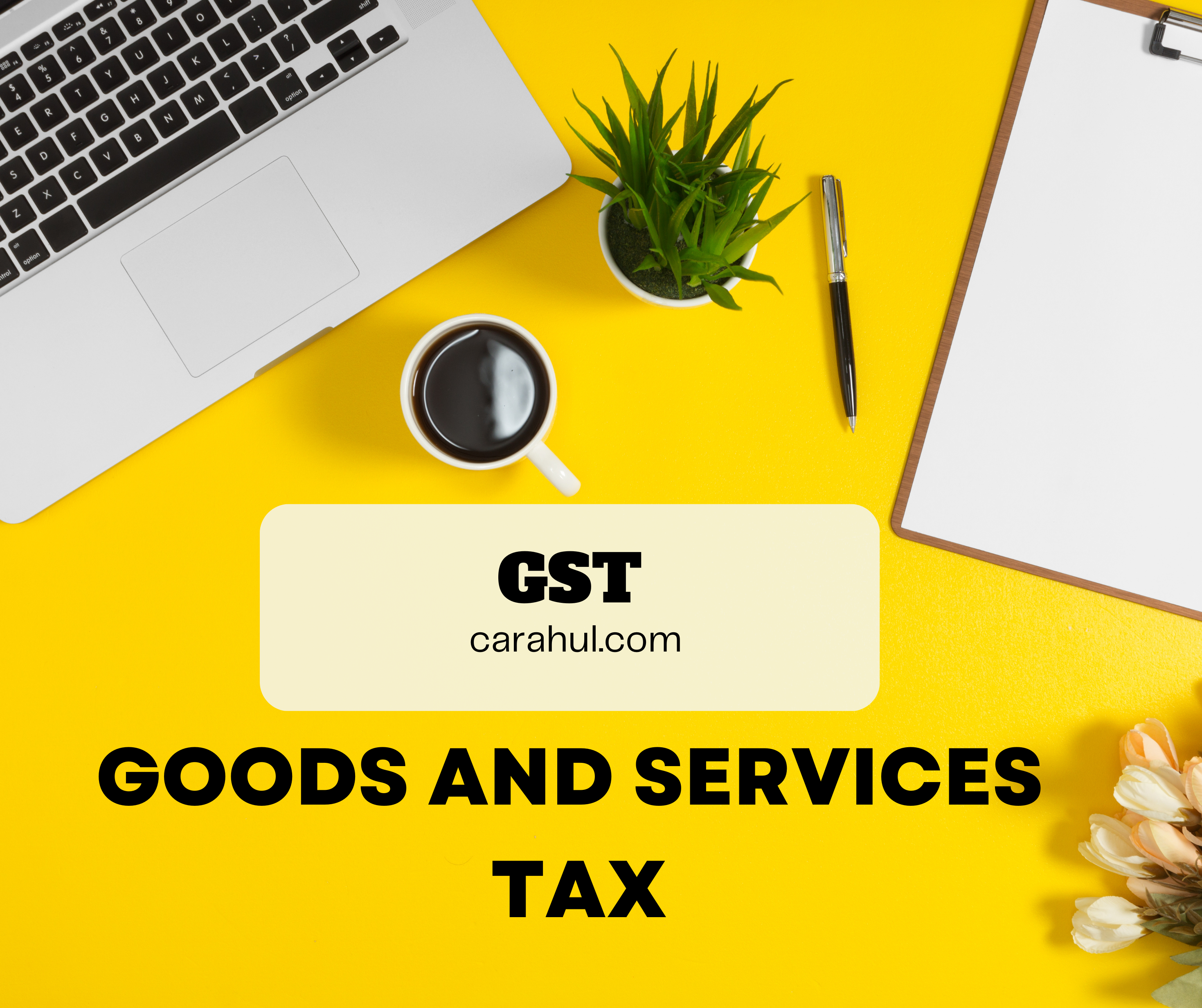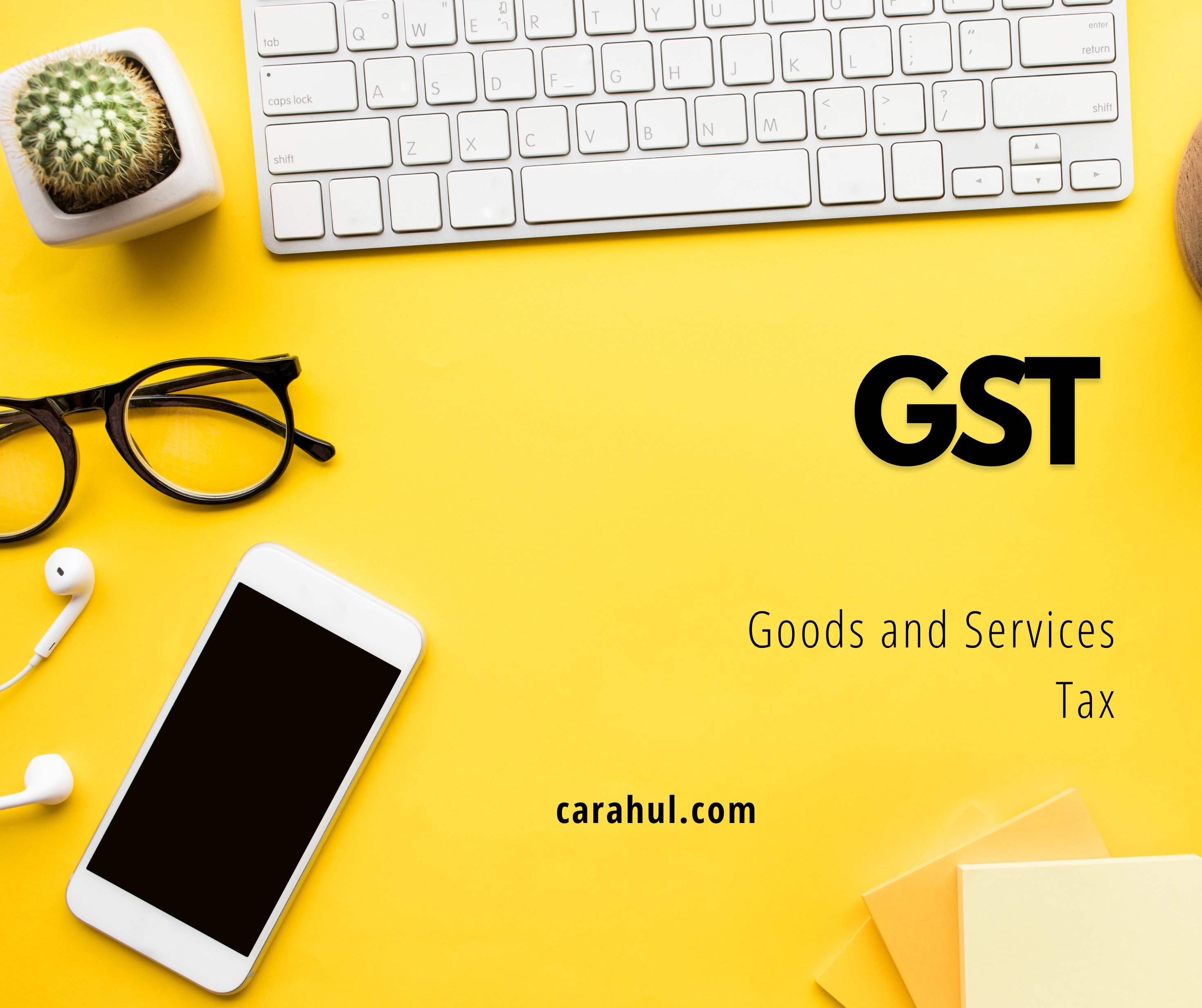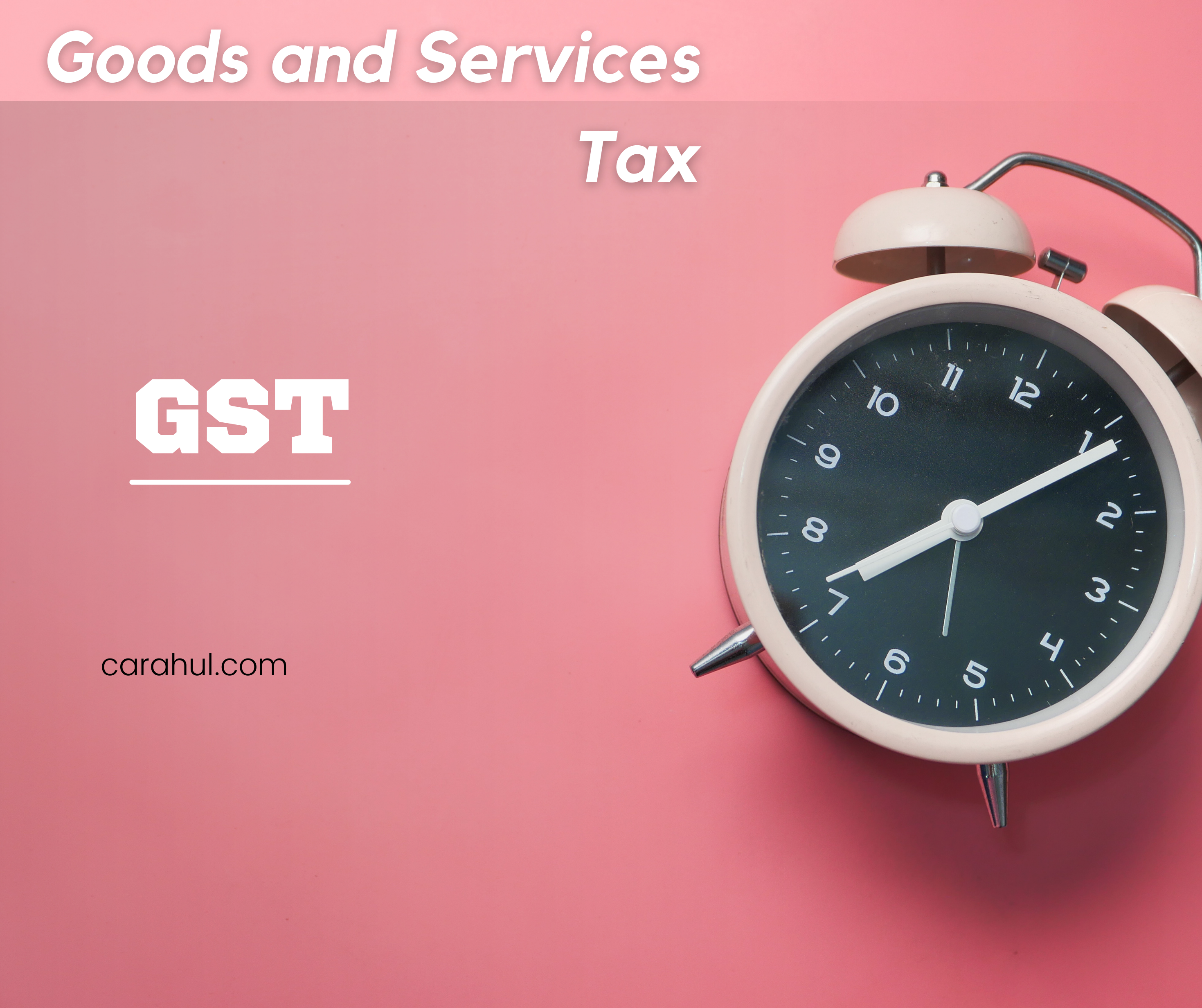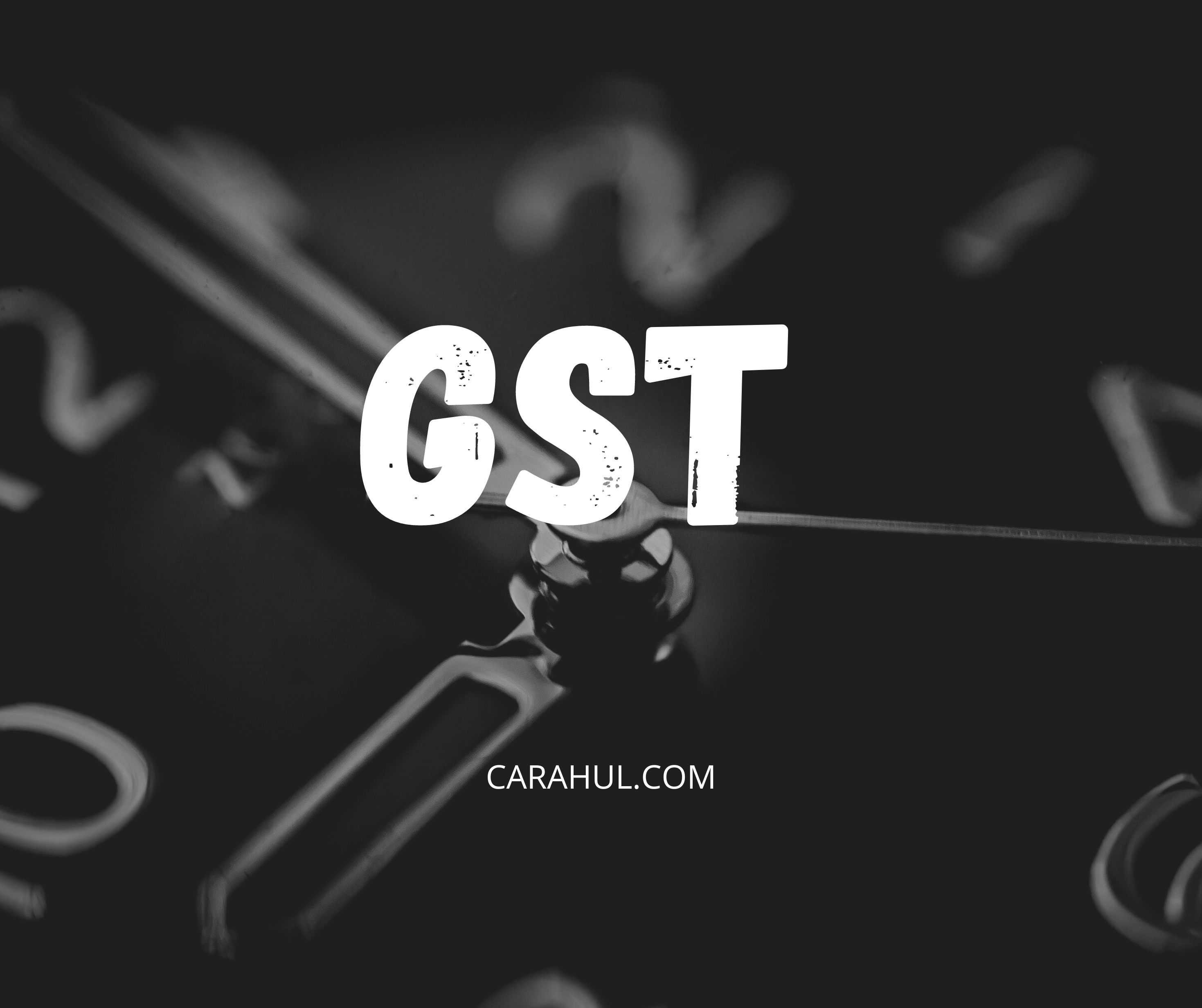
Ease of GST compliance: Still a distant dream
Feb 07, 2023
India’s
biggest tax reform, the Goods & Services Tax (GST) was introduced on 1 July
2017. The journey of GST in India has been a roller-coaster ride with many hits
and misses. Since its inception, the Government has considered several legal
and procedural changes to simplify the tax system for the smooth functioning of
GST in the country. GST has also brought with it a paradigm shift in the use of
technology in tax administration and compliance. However, even 5 years and
multiple policy amendments, it seems that not everything has unfolded as
planned.
GST compliances which were envisaged to be
easier and less complex, have turned out to be a compliance nightmare with
multiple and frequent changes in the tax returns and reporting requirements.
Further, the GST portal has been a puzzle and cause of concern for many
taxpayers since its inception. Harmony between the provisions of the law and
the functionality offered on the GST portal remains elusive. It took months to
update the portal on account of changes in the law and process and still, it
continued to face technical glitches.

How automated notices under GST is leading to proliferation of disputes and litigations
Feb 04, 2023
The Goods and Service Tax (GST) has been one of the most
complex yet progressive indirect tax reforms implemented in the history of
India. The reform involved the integration of the nation’s diverse indirect tax
horizon into a single indirect taxation code bringing about a massive
responsibility of developing a robust, unified and interactive IT architecture
to not just integrate the taxation platform of 36 States, Union Territories and
the Union Government, but also to sculpt a single interface structure for all
the taxpayers for compliances and reporting.
The Goods and Services Tax Network (GSTN) was
entrusted with the complex and herculean task of building the platform to
service the needs of diverse stakeholders, be it taxpayers, tax authorities or
other governmental agencies, featuring interoperability with other systems such
as that of Customs authorities. The responsibilities included the taxpayer
migration from the erstwhile regime to GST, registrations, filings, tax
remittance, refunds, validating appropriateness of Input Tax Credit (ITC), etc.

How automated notices under GST is leading to proliferation of disputes and litigations
Feb 04, 2023
The Goods and Service Tax (GST) has been one of the most
complex yet progressive indirect tax reforms implemented in the history of
India. The reform involved the integration of the nation’s diverse indirect tax
horizon into a single indirect taxation code bringing about a massive
responsibility of developing a robust, unified and interactive IT architecture
to not just integrate the taxation platform of 36 States, Union Territories and
the Union Government, but also to sculpt a single interface structure for all
the taxpayers for compliances and reporting.
The Goods and Services Tax Network (GSTN) was
entrusted with the complex and herculean task of building the platform to
service the needs of diverse stakeholders, be it taxpayers, tax authorities or
other governmental agencies, featuring interoperability with other systems such
as that of Customs authorities. The responsibilities included the taxpayer
migration from the erstwhile regime to GST, registrations, filings, tax
remittance, refunds, validating appropriateness of Input Tax Credit (ITC), etc.

Tax base to be widened with stricter audits: CBIC Chief Vivek Johri
Feb 03, 2023
After record goods and services tax (GST) collection, the
Central Board of Indirect Taxes and Customs (CBIC) is preparing a roadmap to
widen the tax base with stricter audits and scrutiny.
There is much scope to widen the tax base and
check tax evasion with active use of digital forensic tools and use of data
integration and artificial intelligence, CBIC chairman Vivek Johri said in a
post-budget interaction with ET.
So far, the board has detected a revenue
shortfall of ?22,000 crore from the tax audits of 51,000 GST return filings and
?2,200 crore from tax scrutiny of 31,000 GST returns. "We are looking at
actively using audits and scrutiny for improving compliances. We have been able
to achieve a big breakthrough in return filing percentage but it is not
enough," Johri said. "We also need to look at the quality of data
that the values taxpayers are putting in the return."

Major GST Proposals Announced in Union Budget 2023-24
Feb 03, 2023
The
indirect tax proposals announced by the Finance Minister Nirmala Sitharaman aim
to reduce tax burden and improve tax administration. On the customs front,
several rates have been rationalised. Some of the major proposals of the
Finance Bill under the GST law have been summarised below

Input Tax Credit cannot be claimed on goods/services used for CSR activities: Budget 2023
Feb 02, 2023
The Budget on Wednesday proposed certain amendments in GST
Act and said that input tax credit cannot be claimed on goods/ services used or
intended to be used for Corporate Social Responsibility (CSR) activities. The
amendments in the Central GST Act has been brought through the Finance Bill,
2023.
The amendments propose to decriminalise certain
offences under the indirect tax law and double the threshold for launching
prosecution under the tax law to Rs 2 crore. It, however, retained the limit at
Rs 1 crore for fake invoicing cases.

How to resolve mushrooming GST disputes
Jan 25, 2023
The Goods and Services Tax (GST) was introduced with a stated
objective to rationalise the indirect tax ecosystem of India creating a common
national market for goods and services. ‘Ease of doing business’, economic
growth and price rationalisation were the cornerstones of this ‘one nation-one
tax’ initiative. The success and effectiveness of tax reforms largely depend
upon a robust dispute settlement system, which caters to efficiency in the
disposal of disputes, while keeping litigation costs low.
Under GST, disputes arise from differences in
tax paid by the assessees and the computation of tax liability by authorities.
Such tax disputes can arise due to various reasons during assessment, audit
and/or scrutiny of records/accounts, viz. rate of tax, a claim of tax
exemption, the claim of an input tax credit, incorrect determination of place
of supply, nature of supply (composite or mixed supply), classification of
goods and services, etc. While GST is touted to remedy the proliferation of tax
disputes and simplify tax administration, early experiences point to the
contrary.

Advisory on facility of ‘Initiating Drop Proceedings’ of Suspended GSTINs due to Non-filing of Returns
Jan 25, 2023
Recently, a functionality of "Automated Drop
Proceedings" of GSTINs suspended due to non-filing of returns has been
implemented on the GST Portal. This functionality is available for the
taxpayers who have filed their pending returns i.e. 6 monthly or 2 Quarterly returns.
If such taxpayers have filed all their pending
returns, the system will automatically drop the proceedings and revoke
suspension.
If the status of the GSTIN does not
automatically turn ‘ACTIVE’, then taxpayers are advised to revoke the
suspension once the due returns have been filed, by clicking on ‘Initiate Drop
Proceeding’ for which navigation is as follows:
"Log on to GST Portal > Services >
User Services > View Notices and Orders > Initiate Drop Proceeding"
In case the system does not automatically drop
the proceedings or taxpayer is unable to revoke the suspension by clicking on
‘Initiate Drop Proceeding’, then taxpayer is advised to contact Jurisdictional
Officer.
Search
Categories
Recent News
- income Tax
- Implementation of Mandatory Mentioning of HSN Codes in GSTR-1
- Advisory on Sequential Filing of GSTR-1
- Finance Minister Proposed, Common ITR form for all Taxpayers
- Finance Ministry Extends ITR Filing Deadline for Companies
- CBDT Extends Deadline for Filing TDS for Non-Salary Transactions
- Change Your Income Tax Regimes While Filing Revised ITR
- Finance Ministry say, "Taxpayers check AIS quarterly & report discrepancies"